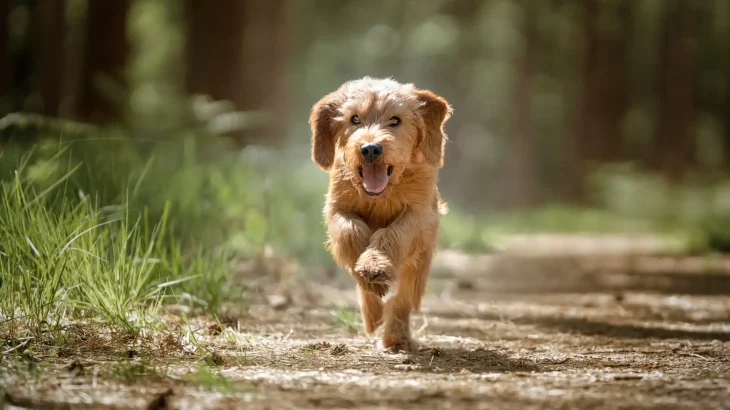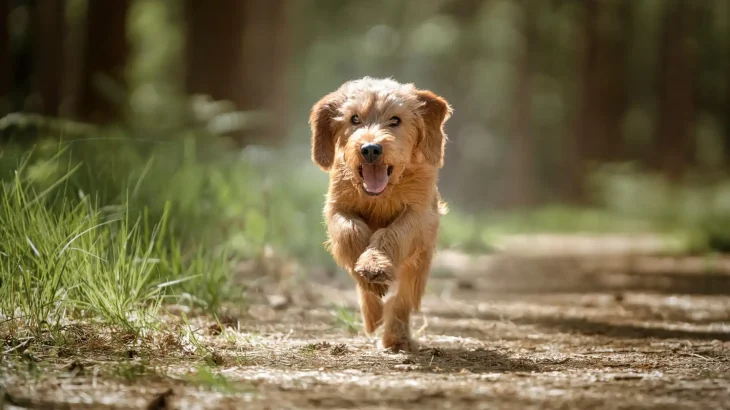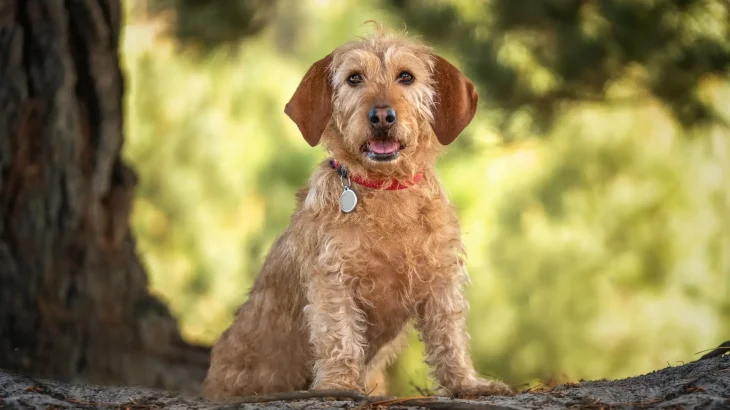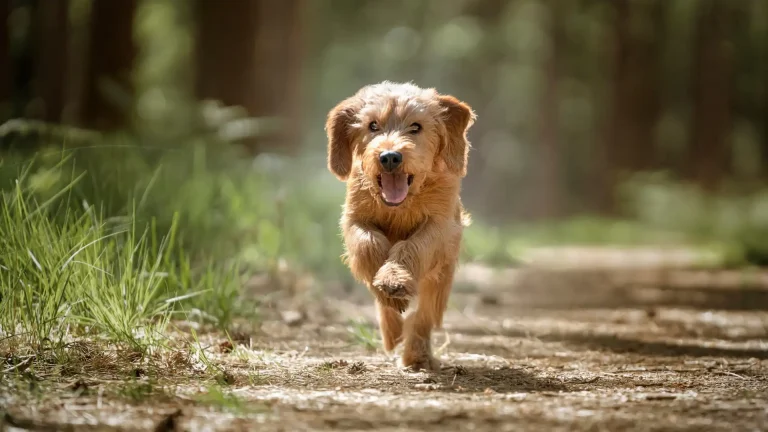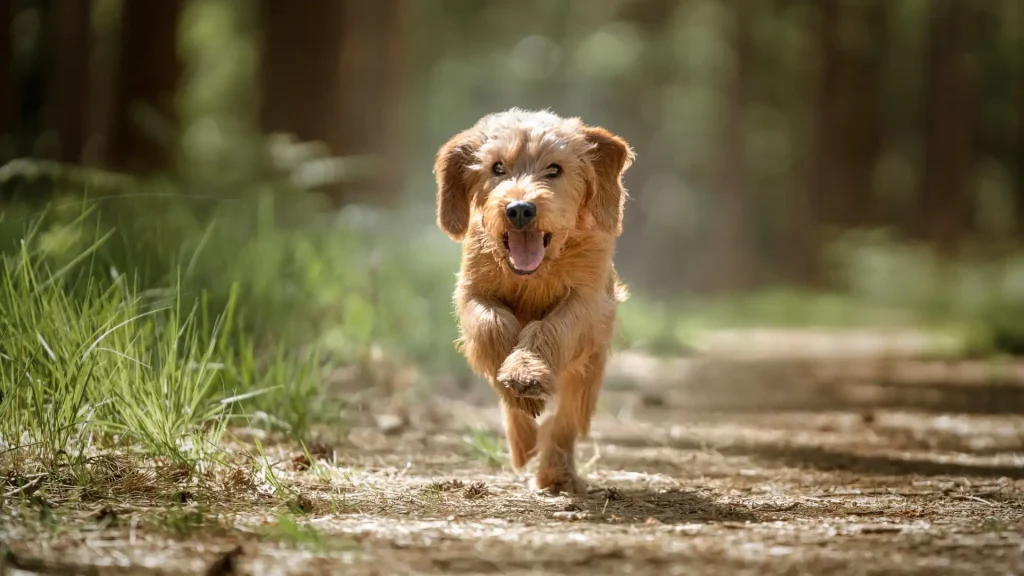Deciding whether to purchase or adopt a Basset Fauve de Bretagne puppy depends on your priorities such as health transparency and support. Purchasing from a reputable breeder typically offers detailed health history and pedigree information, while adopting provides a chance to give a home to a dog in need, often at a lower cost.
Adoption vs. Breeder: Pros & Cons
| Criteria | Buying from Breeder | Adopting from Shelter/Rescue |
|---|---|---|
| Cost | Higher upfront cost, reflecting the breed's pedigree and health screening. | Lower adoption fees; often includes vaccinations and spay/neuter. |
| Health History | Comprehensive health records and genetic testing common among reputable breeders. | Health history may be limited; shelters generally conduct basic health checks. |
| Age Availability | Primarily puppies, so you can raise them from a young age. | Variety of ages available, including adult dogs. |
| Temperament Insight | Breeders provide lineage-based temperament traits and behavior expectations. | Observed behaviors are shared but full history might be unknown. |
| Supporting Practices | Supports ethical breeding programs focused on health and breed preservation. | Supports animal welfare by giving homes to dogs in need. |
| Breed Purity & Pedigree | Guaranteed breed purity with pedigree documentation. | Breed purity may be uncertain or mixed; pedigree documentation usually not provided. |

